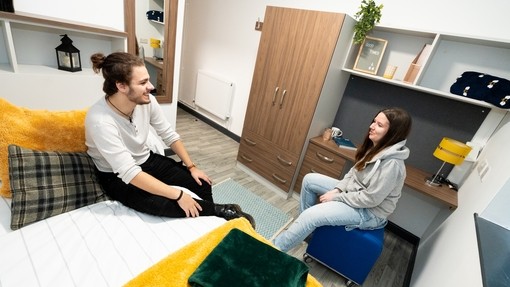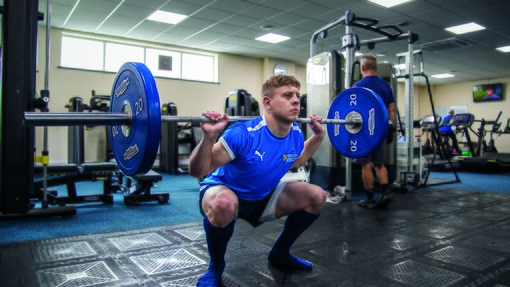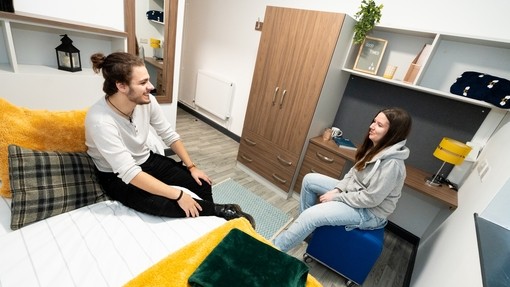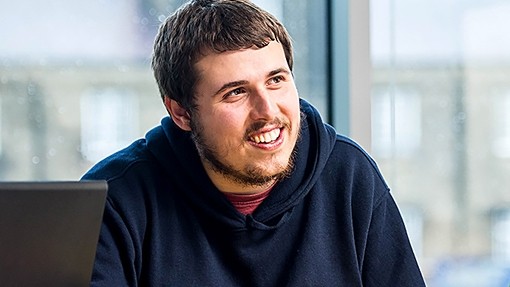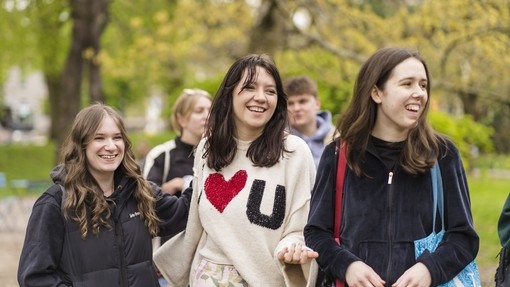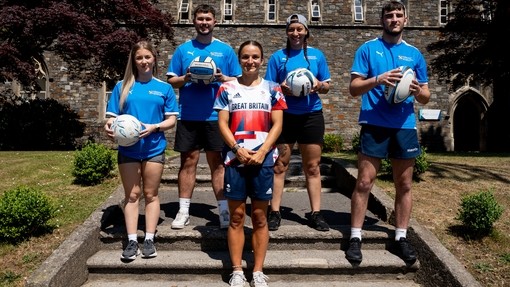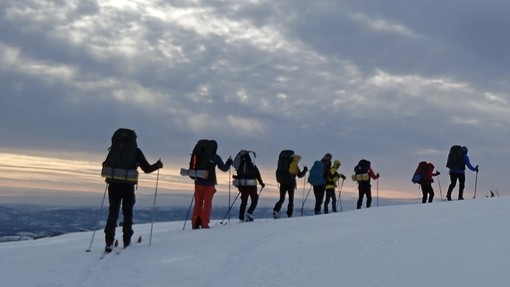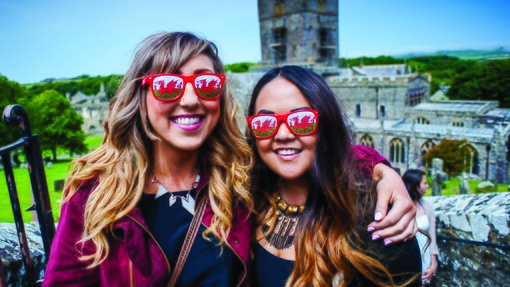
Student Journey
Student Journey.
Our teams are here to help guide you through every step of the application process. We have outlined each of the key steps you will need to take on your journey to joining our welcoming learning community and becoming a UWTSD student.
If you are looking for more information about studying, and the application process, you can contact our dedicated team available to answer your questions.
Student Journey.
Step 1 - Choosing Where to Study
Deciding where and what you want to study is an important decision. Get a flavour for student life at each campus using our campus life pages, take a moment to watch our student life videos to get your first glimpse of our campuses! Have a look at the courses we have available, and check which campuses that course is available on.
Step 2 - Choosing What to Study
Choose a course that aligns with your goals, and research different courses available to get you there. We’ve grouped our courses into subject areas to make this easier for you. When you’ve chosen where you want to go and what you want to study you should Book an Open Day to get a real feel for the campus.

Visit Us At An Open Day
Get to know us, the place you will call home whilst studying with us and meet the experts who lead our courses and hear from our current students about what they love about studying with us.
Step 3 - Making an Application
Most Undergraduate Applications are done through UCAS. You can add 5 courses, either from the same university or different universities.
Once you’ve narrowed down your options, write an awesome personal statement that tells us who you really are and why you want to study with us. Our Guide to writing a Personal Statement video will help get you started.
Step 4 - Your Accommodation Options
Now that you’ve applied you may be wondering what’s next. The next thing to consider is, where will you be staying during your studies?
Our accommodation page sets out the different accommodation options available at our campuses.
Step 5 - Student Finance and Support
One of the most important factors to studying at university is fees and finance. As there are many student finance options available our fees and finance page is a good place to start.
Step 6 - Accept Your Offer
Once you have submitted your application, we will consider your application and will look to make you an offer for studying with us. Once you have your offer you can accept it through UCAS or on our online portal (for students not applying through UCAS). Then you need to look out for emails to confirm your start date, accommodation and student finance.
Whilst you are waiting for your offer, find out what is going on across our campuses, including Welsh Language Opportunities, Global Opportunities and Societies and Sporting Opportunities.

Missed the January Deadline?
Have you missed the January Deadline but want to start in September? Not to worry you can still apply through UCAS Extra between February and July or through clearing in July and August.
Course Types
Below is a quick guide to the different types of courses and types of studies offered by universities, to help you make an informed choice about what and how you want to study.
Bachelor of Arts (BA) / Bachelor of Science (BSc) / Bachelor of Engineering (BEng) / Bachelor of Music (BMus) / Bachelor of Laws (LLB)
A Level 6 qualification that normally requires three years* of full-time study.
*some two-year degrees are available.
Diploma of Higher Education (DipHE)
A Level 5 qualification that is equivalent to the first two years of a full-time programme.
Certificate of Higher Education (CertHE)
A Level 4 qualification that is equivalent to the first year of a full-time programme.
Higher National Diploma (HND)
A Level 5 qualification that is designed to be work-related and vocational in nature
and is equivalent to the first two years of a full-time degree programme.
Higher National Certificate (HNC)
A Level 4 qualification that is designed to be work-related and vocational in nature
and is equivalent to the first year of a full-time programme.
Master of Design (MDes)
An Integrated Master’s Degree is a Level 7 qualification that normally requires four years
of full-time study.
Master of Arts (MA), Master of Science (MSc) / Master of Theology (MTh) / Master of Business Administration (MBA)
A Level 7 qualification following completion of 180 credits.
Postgraduate Certificate in Education Secondary (PGCE Secondary) / Post Compulsory Education and Training (PCET) / Post Compulsory Education (PCE)
A qualification consisting of 60 credits at level 7, and 60 credits at level 6.
Postgraduate Diploma (PGDip)
A Level 7 qualification following completion of 120 credits.
Postgraduate Certificate (PGCert) / University Certificate (UniCert)
A Level 7 qualification following completion of 60 credits.
Doctor of Philosophy (PhD)
A level 8 qualification, a research project usually completed over 3-4 years if full-time or 6-8 years part-time.
Professional Doctorates (DProf/ProfDoc) / Doctor of Business Administration (DBA) / Doctorate in Education (EdD)
A level 8 qualification, usually with 1 year of taught modules and a 2-3 years research project if full-time, or 2 years (taught) and 4-6 years (project) part-time.
Doctor of Philosophy by Published Works (PhD)
A level 8 qualification consisting of a reflective analysis and selection of previously internationally peer-reviewed published works, usually completed in 1 year full-time or 2 years part-time.
Master of Philosophy (MPhil)
A level 7 qualification, equivalent to the first 2 years of study of a PhD, usually completed in 2-3 years full-time or 4-6 years part-time.
Master of Research (MRes)
A level 7 qualification, with 60 credits of taught modules and a research project, usually completed in 2 years full-time or 4 years part-time.
Master of Science by Research (MScRes)
A level 7 qualification with no taught modules, usually completed over 1-2 years full-time or 2-4 years part-time.
On Campus
Programmes where students are in physical attendance for the whole of their course, with the exception of supporting online elements, which will represent less than 25% of the course.
Blended
Programmes where students are in physical attendance for more than 50% of their total contact hours.
Distance
Programmes where students are not in physical attendance for any of their course.
Full-Time
Students normally study 120 credits each academic year
Part-Time
Students normally study fewer than 120 credits each academic year, but the exact number of credits each year may vary.




